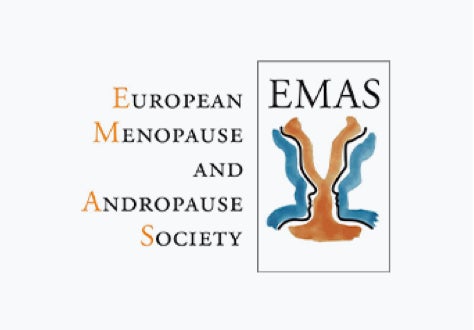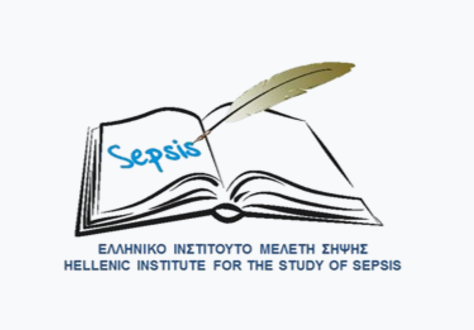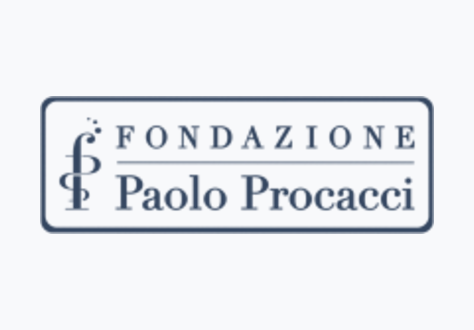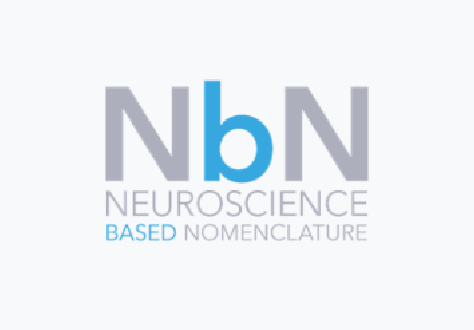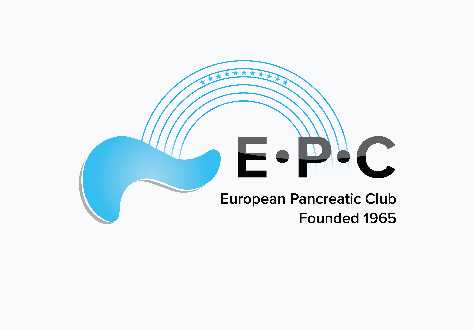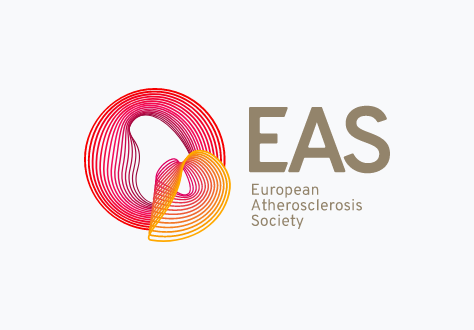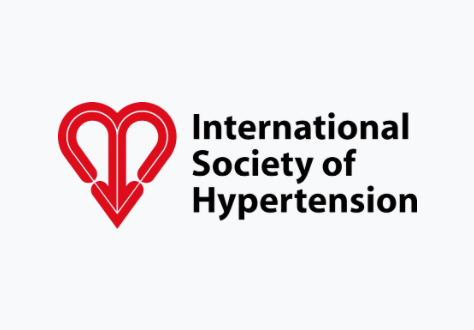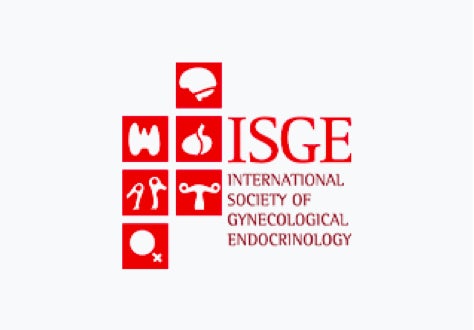
A:CARE CONGRESS
3rd EDITION
OCTOBER, 2024
A:CARE CONGRESS
3rd EDITION
OCTOBER, 2024
a:care congress 2024
Adherence is a behavior. Do we have the right one?
Select language :
The global challenge
Half of the patients do not take their medication as advised and one-third never fill their prescriptions1. Medication non-adherence is a significant global health issue, leading to worsened clinical outcomes and increased healthcare costs 2.
Do patients simply forget?
No! It’s far more complex.

Medication adherence is a complex human behavior1.
An innovative approach
Abbott aims to address the challenge of non-adherence through its a:care program, which merges digital health and behavioral science to improve patient engagement with their treatment.

A:CARE CONGRESS
OCTOBER 2024
ADHERENCE IS A BEHAVIOR. DO WE HAVE THE RIGHT ONE?
Diving deep into human behavior, this year’s congress goes beyond surface-level solutions:
- Focus deeper on the complexities of human behavior driving non-adherence
- Explore the impact of a reality involving new technologies and artificial intelligence.
The congress invited healthcare professionals globally to share strategies and insights on transforming care practices, emphasizing patient-centric approaches and the role of behavioral science in fostering medication adherence

Program
A groundbreaking and inspiring program
Armed with key themes such as the global impact of non-adherence, behavioral insights, and the role of technology in physician-patient relationship that will equip you with the latest tools and strategies to address non-adherence.

Speakers
A confluence of distinguished experts
Chaired by luminaries of behavioral science Dr. Sheri D Pruitt (USA) and Prof. John Weinman (UK), the congress features sessions from 12 renowned international experts across various specialties and therapy areas.
Embrace the challenge, change the narrative !

Explore how the right behaviors
lead to optimal adherence.
Redefine Healthcare!
Globally accessible.
You can watch from anywhere!
Endorsed by:

